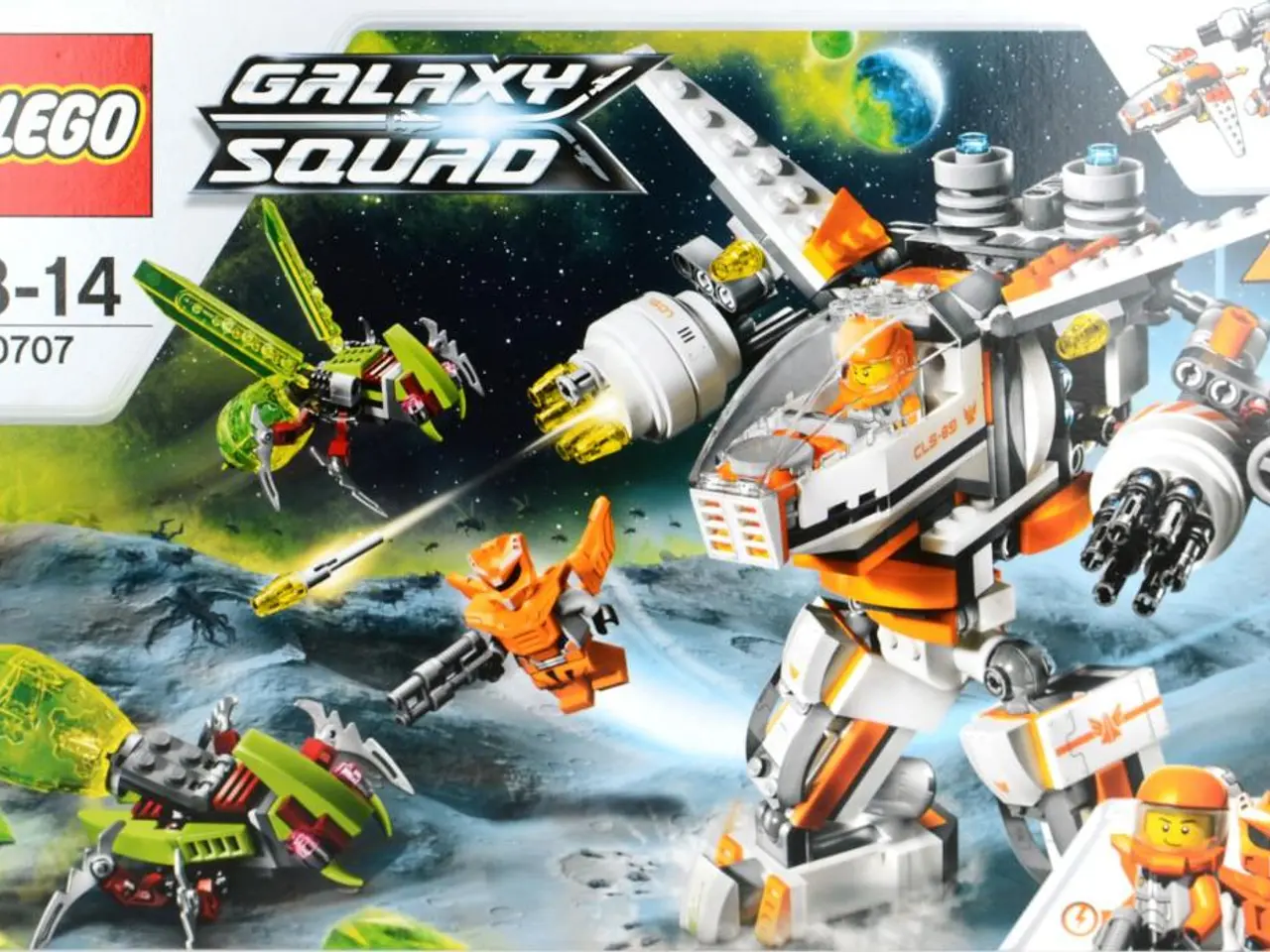Netflix normalizes Artificial Intelligence for Visual Effects, leaving me disheartened
In the ever-evolving world of entertainment, Netflix is making waves with its innovative use of Artificial Intelligence (AI) in film and series production. The company's application of AI in its Argentinian sci-fi series, "El Eternauta," is a prime example of how AI can significantly enhance visual quality, accelerate production speed, and reshape industry dynamics.
One of the most striking demonstrations of AI's potential is the completion of a visual effects scene in "El Eternauta" 10 times faster and at a significantly reduced cost compared to traditional techniques. This illustrates how AI automation can streamline complex production tasks without compromising quality. The use of AI-generated effects and automation allows creators to realize visually sophisticated scenes more efficiently, potentially raising the technical quality of productions due to faster iterations and lower expenses.
Netflix's AI tools assist creators in various aspects of production, from scripting and editing to CGI generation and digital actor manipulation. This technological assistance can free creative talent to focus more on storytelling and innovation but also raises questions about the evolving role of visual effects artists and other specialists. AI could democratize content creation but also disrupt traditional job roles within film production.
On an industry level, AI-driven improvements contribute to cost reduction and faster time-to-market, altering how projects are budgeted and scheduled. Moreover, AI enables personalized content recommendations and targeted marketing, enhancing viewer engagement and potentially shifting focus towards data-driven content decisions. The integration of AI is thus transforming production, distribution, and consumption paradigms within the media and entertainment sector.
However, concerns have been raised about the impact of AI on the quality of visual storytelling. Some argue that the use of AI could lead to a visual monoculture that's predictable and depressing. The fear is that AI-generated content, while technically competent, might lack the creative depth and idiosyncrasies that make individual VFX artists and studios distinctive.
Netflix's co-chief executive, Ted Sarandos, has stated that using AI represents an opportunity to help creators make films and series better, not just cheaper. However, some view his claims as a hollow promise, similar to what has been heard in every creative industry that's been automated out of existence.
As we move forward, it's crucial to strike a balance between leveraging AI for efficiency and preserving the human element that sets great storytelling apart. An upcoming AI in Focus series will delve deeper into this topic, exploring the potential and pitfalls of AI in the entertainment industry.
In the meantime, it's worth noting that shows that invest seriously in their visual worlds, such as "The Penguin," "Severance," and "The White Lotus," dominated this year's Emmys. While AI may offer a cost-effective solution for visual effects, it remains to be seen whether it can truly match the creative brilliance of human artists.
Netflix reported $11 billion in revenue last quarter, marking a 16% year-on-year increase. The use of AI by Netflix is seen as a cost-cutting measure, rather than an attempt to push creative boundaries or unlock new storytelling possibilities. As the industry continues to evolve, it's essential to consider the impact of these decisions on the quality of the content we consume and the artists who create it.
Technology is changing how entertainment is made, but there's a difference between enhancing human creativity and replacing it entirely. The question remains: will AI elevate or diminish our visual storytelling experiences? The answer, it seems, is still up for debate.
- The application of Artificial Intelligence (AI) in the Argentinian sci-fi series, "El Eternauta," demonstrates the potential of AI to significantly enhance visual quality, accelerate production speed, and reshape industry dynamics.
- Netflix's AI tools assist creators in various aspects of production, including CGI generation, digital actor manipulation, and even scripting, freeing creative talent to focus more on storytelling and innovation.
- AI-driven improvements in the media and entertainment sector contribute to cost reduction and faster time-to-market, altering how projects are budgeted and scheduled.
- Some argue that the use of AI could lead to a visual monoculture that's predictable and depressing, as AI-generated content might lack the creative depth and idiosyncrasies that make individual VFX artists and studios distinctive.
- Netflix's co-chief executive, Ted Sarandos, stated that using AI is an opportunity to help creators make films and series better, not just cheaper, but some view his claims as a hollow promise.
- As technology changes how entertainment is made, it's crucial to strike a balance between leveraging AI for efficiency and preserving the human element that sets great storytelling apart. An upcoming AI in Focus series will delve deeper into this topic, exploring both the potential and pitfalls of AI in the entertainment industry.




